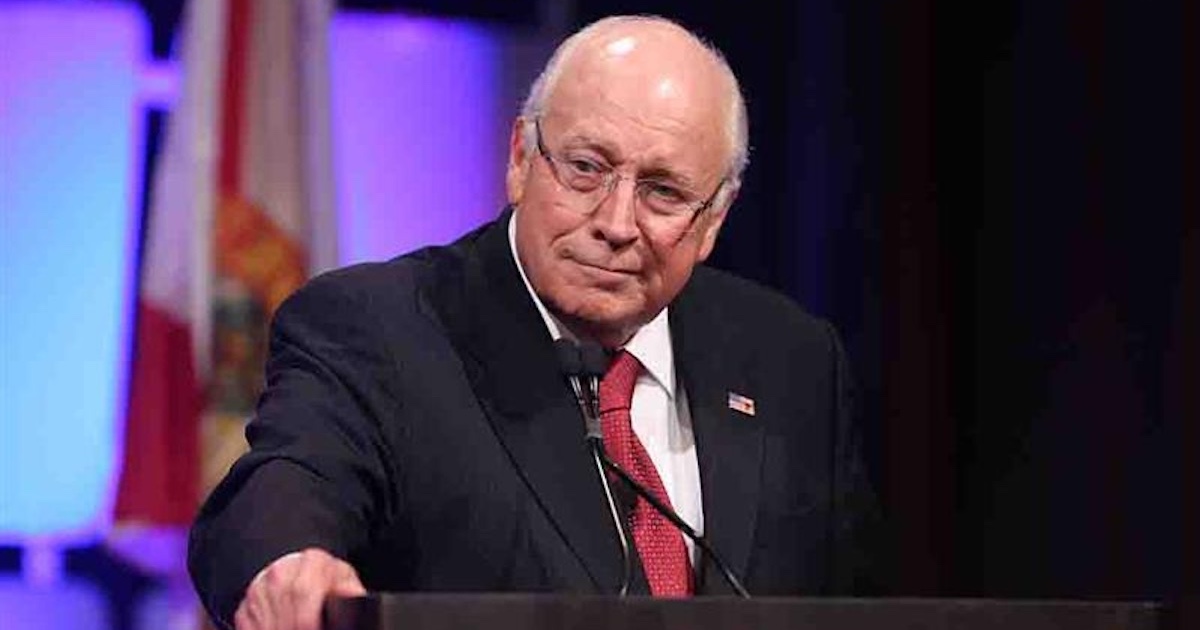Spelling and grammar may have fallen on hard times as people adopt texting as a way of life, but in the medical field, clear communication protocols can’t be overlooked as SMS texting begins to play a role in healthcare delivery.
That subject will be explored further in “Text Message Preferences to Inform Interventions for Goal Directed Behaviors” on Wednesday, Dec. 11, at HIMSS Media mHealth Summit at the Gaylord National Resort and Convention Center near Washington D.C. Frederick Muench, a clinical psychologist at Columbia University Medical Center, will lead the session, during which he'll discuss the results of a recent study.
As the title of his talk suggests, the real goal is to help ensure that intervention programs using text messaging as a means of reaching out to program participants are pitching their messages in the best “text-ese” possible. According to Muench, the recent study derived from an earlier study (in which he was involved) that explored how different types of messages would impact participants in alcohol intervention programs.
“We ended up realizing that we were writing all sorts of different messages, but we didn’t really know the basic tenets of what constitutes a good text message,” he said of that experience. That is, what constitutes a good text message in that patients would be most receptive to receiving and heeding it?
As it turned out, Muench found that very little research had been done on determining consumer preferences for different types of messages, both in terms of their content and how they are structured. Should you use emoticons or not, depending on the audience? Is humor effective, when used in text messages, in conveying particular information?
Information like that would serve a number of healthcare stakeholders, given that programs such as text4baby, the maternal and child health program and text2quit, the smoking cessation program, have already signed up tens of thousands of users.
Learn more about the Summit at mHealthSummit.org.



